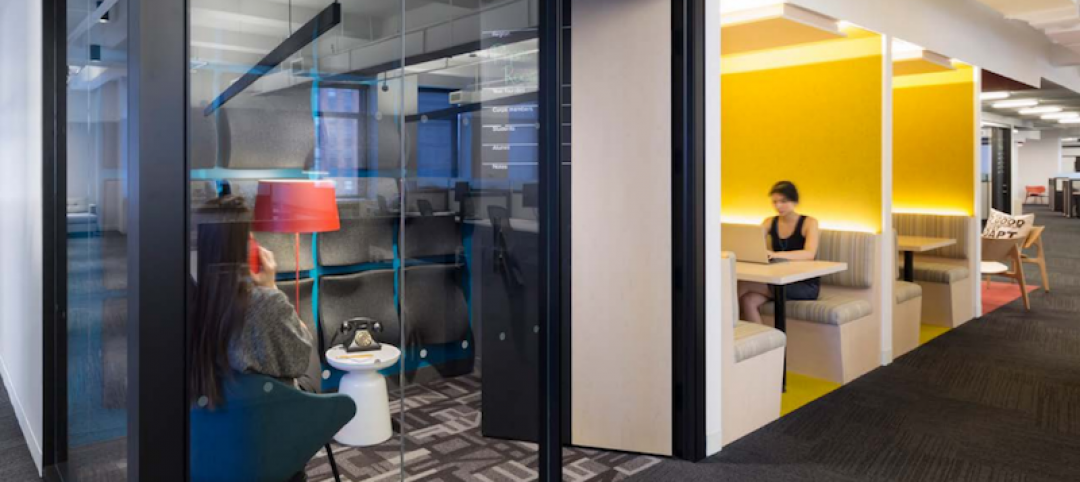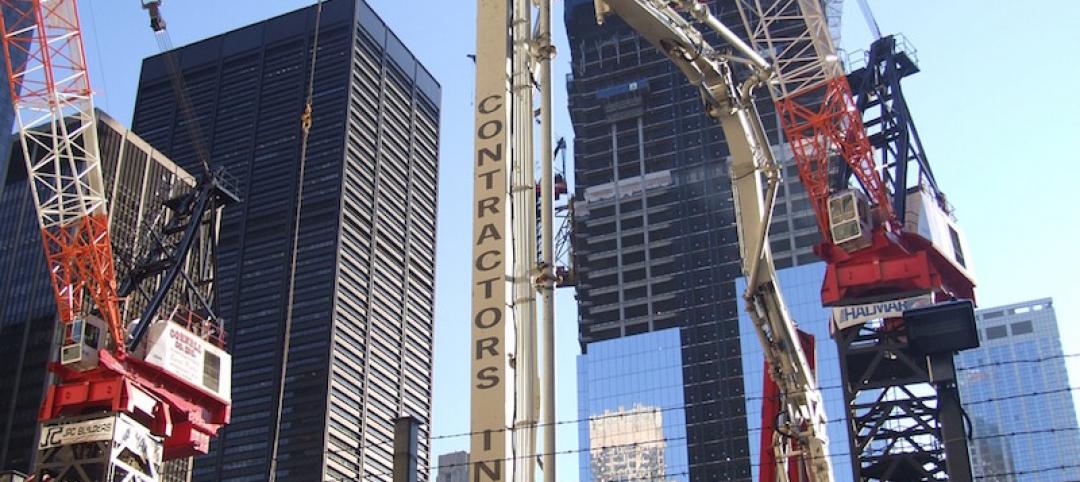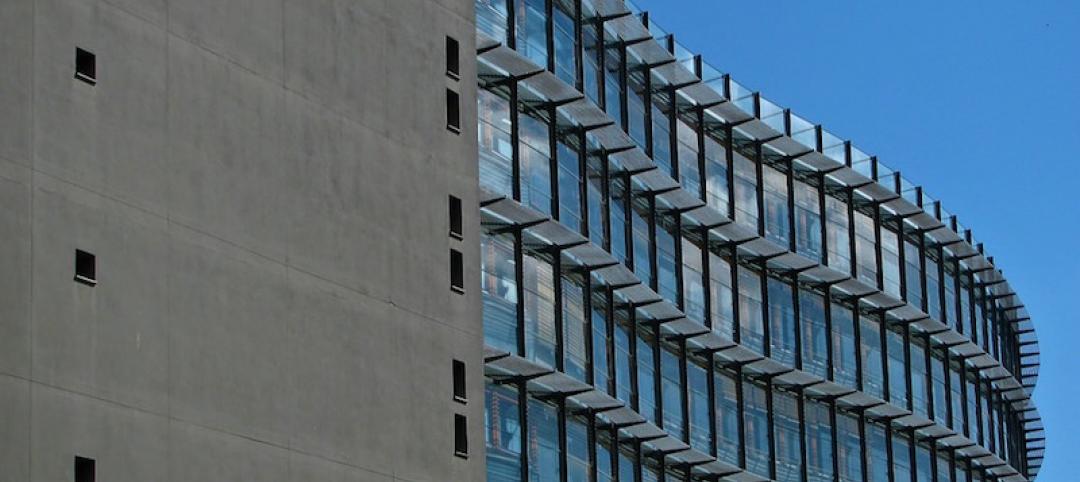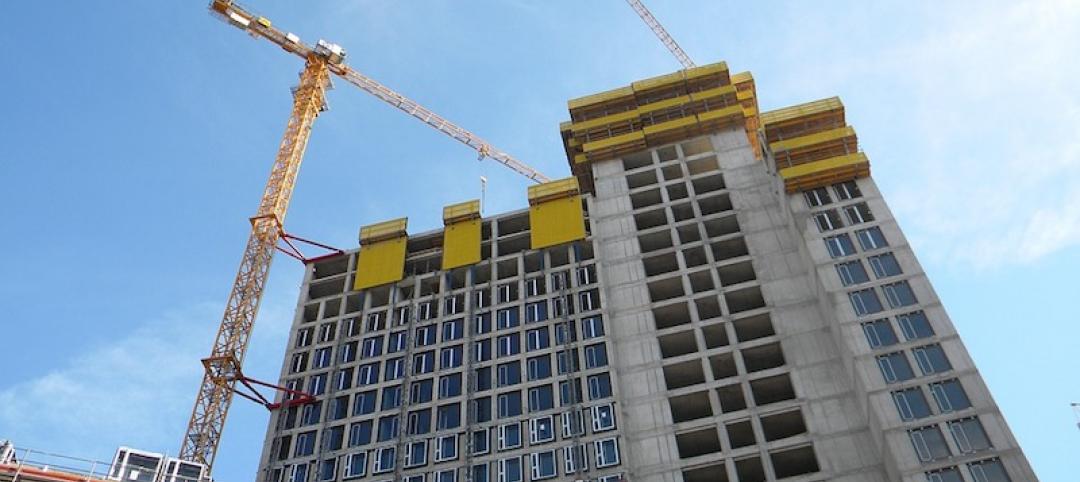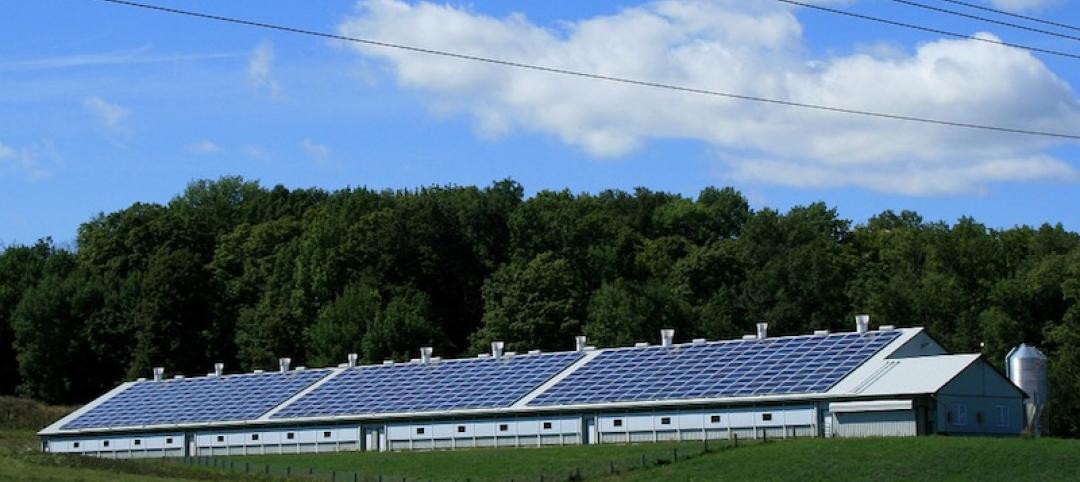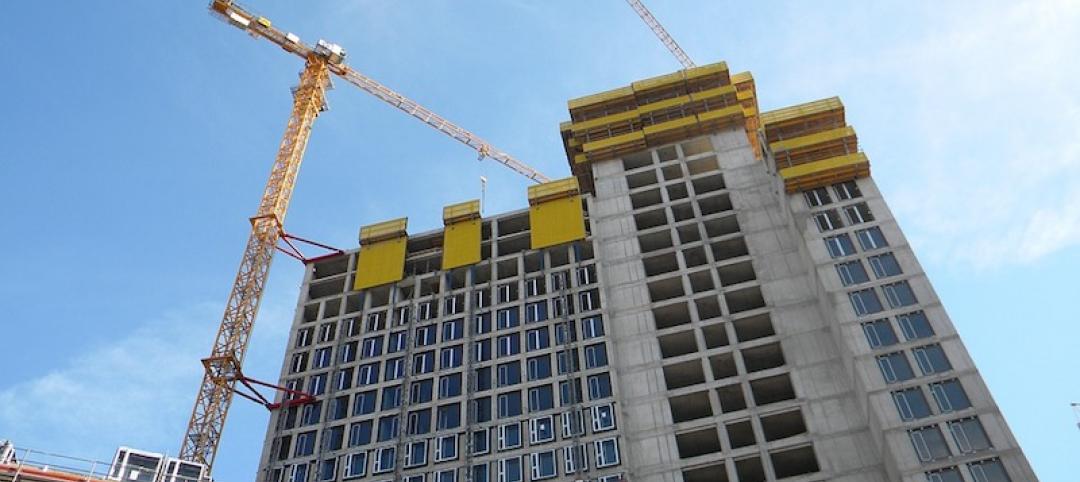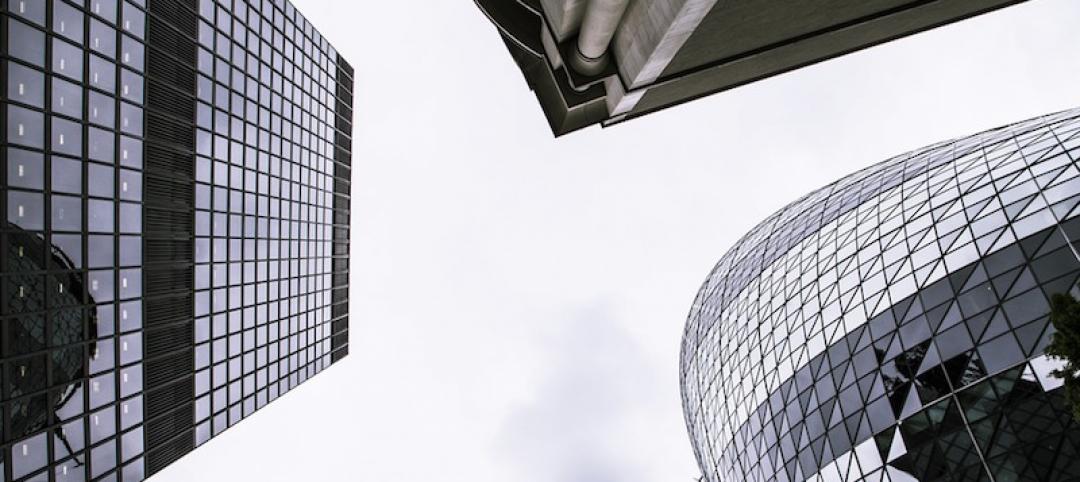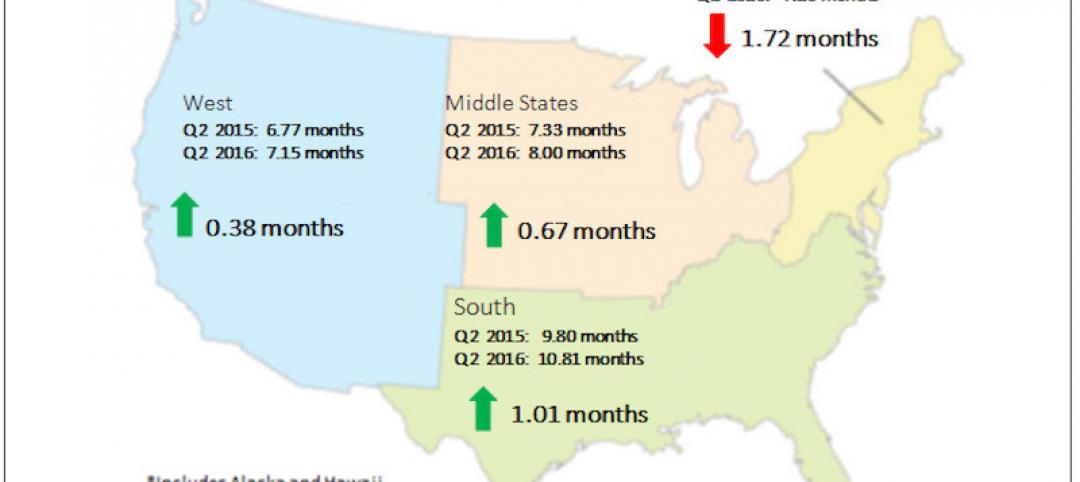As seen in the Lodging Econometrics (LE) Q4'21 United States Construction Pipeline Trend Report, the franchise companies with the largest U.S. construction pipelines at year-end 2021 are Marriott International with 1,345 projects/170,586 rooms, followed by Hilton Worldwide with 1,239 projects/141,053 rooms, and InterContinental Hotels Group (IHG) with 761 projects/76,987 rooms. These three companies combined account for 69% of the projects and 67% of the rooms in the total U.S. construction pipeline.
At the end of Q4'21, over 56% of Hilton’s projects in the pipeline are in the early planning project stage, a record-high by projects in this stage for the company, with 689 projects/76,058 rooms. Hilton has 228 projects/29,036 under construction at Q4 and 322 projects/35,959 rooms scheduled to start within the next 12 months. Marriott also hit a record high for both projects and rooms in early planning at the end of the fourth quarter, with 534 projects/63,120 rooms. Marriott has 262 projects, accounting for 38,289 rooms under construction at the end of Q4 and 549 projects/69,177 rooms are scheduled to start in the next 12 months. IHG currently has 121 projects, accounting for 11,376 rooms, in the early planning stage. 136 projects, with 16,221 rooms, in IHG’s pipeline, are in the under construction stage while 504 projects/49,390 rooms are scheduled to start within the next 12 months.
The leading brands by project count for the top three franchise companies continue to be Hilton’s Home2 Suites by Hilton with 421 projects/43,824 rooms, IHG’s Holiday Inn Express with 288 projects/27,620 rooms, and Marriott’s Fairfield Inn with 247 projects/23,344 rooms. These three brands dominate the pipeline and combined claim 20% of the projects.
Other notable brands in the pipeline for the top franchise companies at Q4 are Marriott’s TownePlace Suites with 239 projects/22,759 rooms and Residence Inn with 212 projects/25,896 rooms; Hilton’s Tru by Hilton brand with 222 projects/21,222 rooms and the Hampton by Hilton brand with 267 projects/27,577 rooms; and IHG’s Avid Hotel with 148 projects/12,885 rooms and Staybridge Suites with 124 projects/12,734 rooms.
Through year-end 2021, Marriott, Hilton, and IHG branded hotels represented 585 new hotel openings with 73,415 rooms. 201 of the hotels were Hilton brands, 267 were Marriott brands, and another 117 were IHG brands. The LE forecast for new hotel openings in 2022 anticipates that Marriott will open 207 projects/27,258 rooms, for a growth rate of 3.1%. Next is Hilton with 165 projects/18,764 rooms, for a growth rate of 2.5%, followed by IHG with 115 projects/12,397 rooms forecast to open for a growth rate of 2.9%. In 2023, Marriot is expected to open another 211 projects/25,056 rooms for a growth rate of 2.7%. LE predicts Hilton will open 173 projects/21,450 rooms, for a 2.8% growth rate by year-end 2023, while IHG is expected to see a 3.4% growth rate in 2023, with 148 new hotel projects, accounting for 15,146 rooms.
Related Stories
Industry Research | Oct 25, 2016
New HOK/CoreNet Global report explores impact of coworking on corporate real rstate
“Although coworking space makes up less than one percent of the world’s office space, it represents an important workforce trend and highlights the strong desire of today’s employees to have workplace choices, community and flexibility,” says Kay Sargent, Director of WorkPlace at HOK.
Market Data | Oct 24, 2016
New construction starts in 2017 to increase 5% to $713 billion
Dodge Outlook Report predicts moderate growth for most project types – single family housing, commercial and institutional building, and public works, while multifamily housing levels off and electric utilities/gas plants decline.
High-rise Construction | Oct 21, 2016
The world’s 100 tallest buildings: Which architects have designed the most?
Two firms stand well above the others when it comes to the number of tall buildings they have designed.
Market Data | Oct 19, 2016
Architecture Billings Index slips consecutive months for first time since 2012
“This recent backslide should act as a warning signal,” said AIA Chief Economist, Kermit Baker.
Market Data | Oct 11, 2016
Building design revenue topped $28 billion in 2015
Growing profitability at architecture firms has led to reinvestment and expansion
Market Data | Oct 4, 2016
Nonresidential spending slips in August
Public sector spending is declining faster than the private sector.
Industry Research | Oct 3, 2016
Structure Tone survey shows cost is still a major barrier to building green
Climate change, resilience and wellness are also growing concerns.
Industry Research | Sep 27, 2016
Sterling Risk Sentiment Index indicates risk exposure perception remains stable in construction industry
Nearly half (45%) of those polled say election year uncertainty has a negative effect on risk perception in the construction market.
Market Data | Sep 22, 2016
Architecture Billings Index slips, overall outlook remains positive
Business conditions are slumping in the Northeast.
Market Data | Sep 20, 2016
Backlog skyrockets for largest firms during second quarter, but falls to 8.5 months overall
While a handful of commercial construction segments continue to be associated with expanding volumes, for the most part, the average contractor is no longer getting busier, says ABC Chief Economist Anirban Basu.



